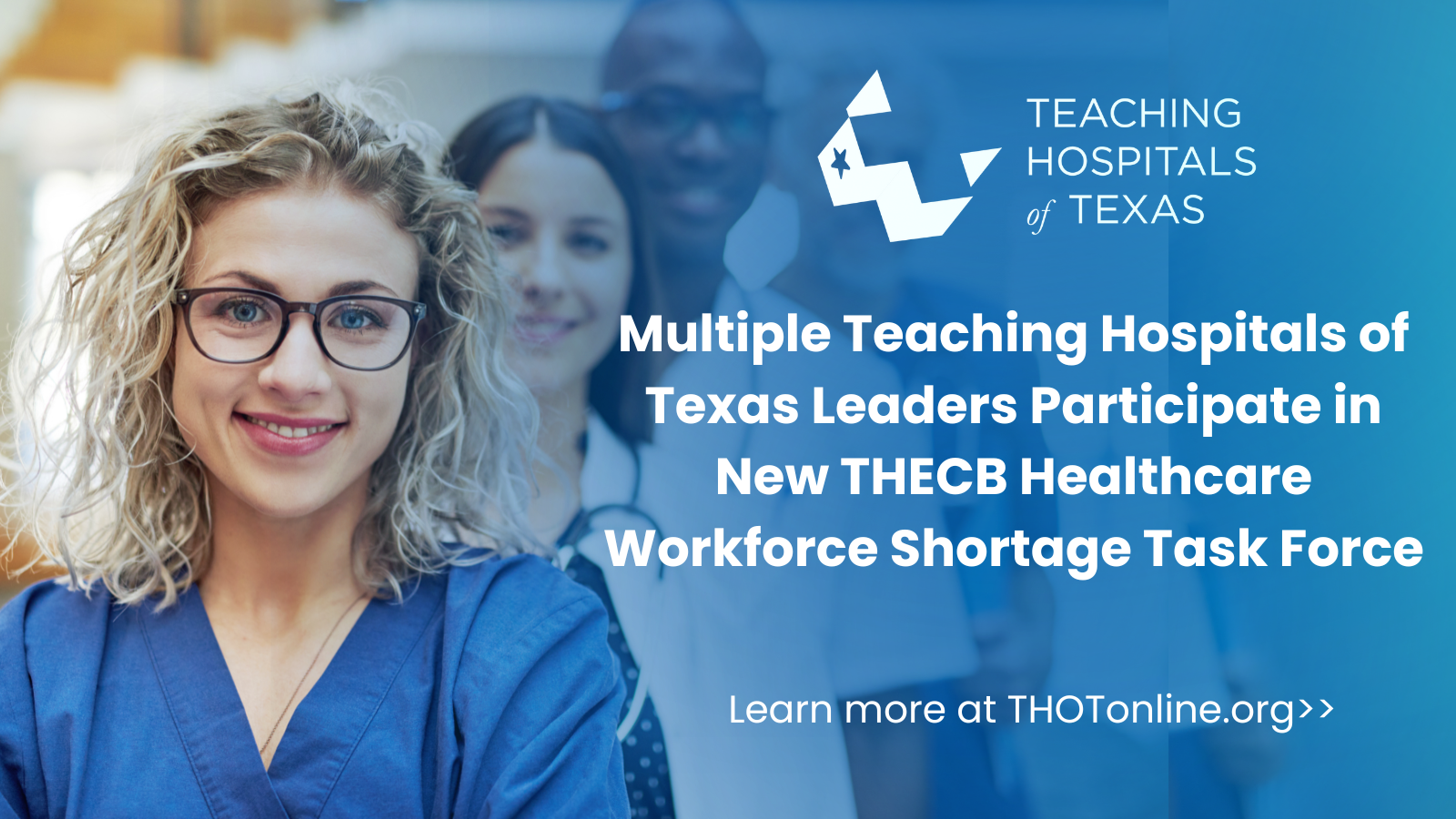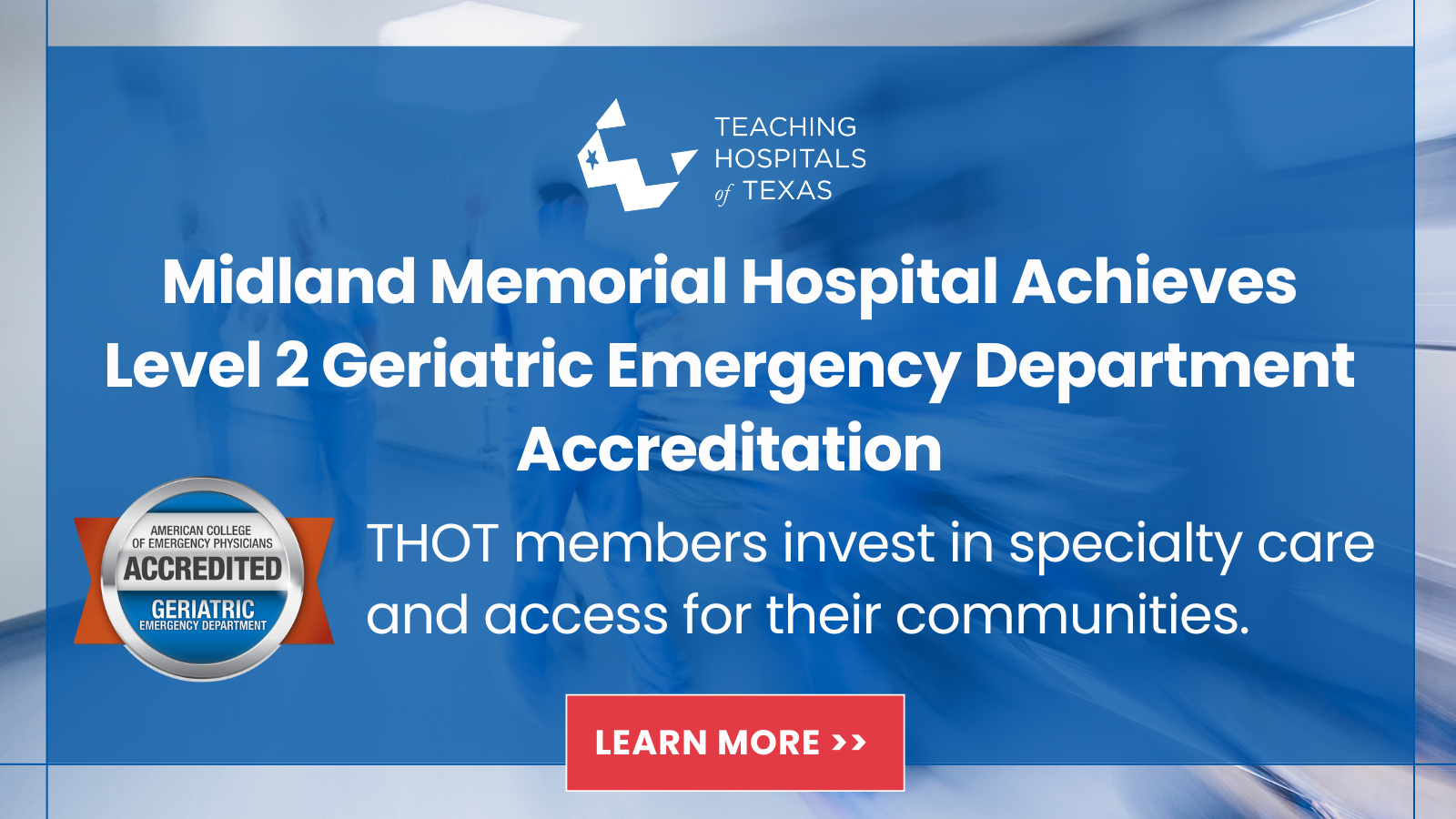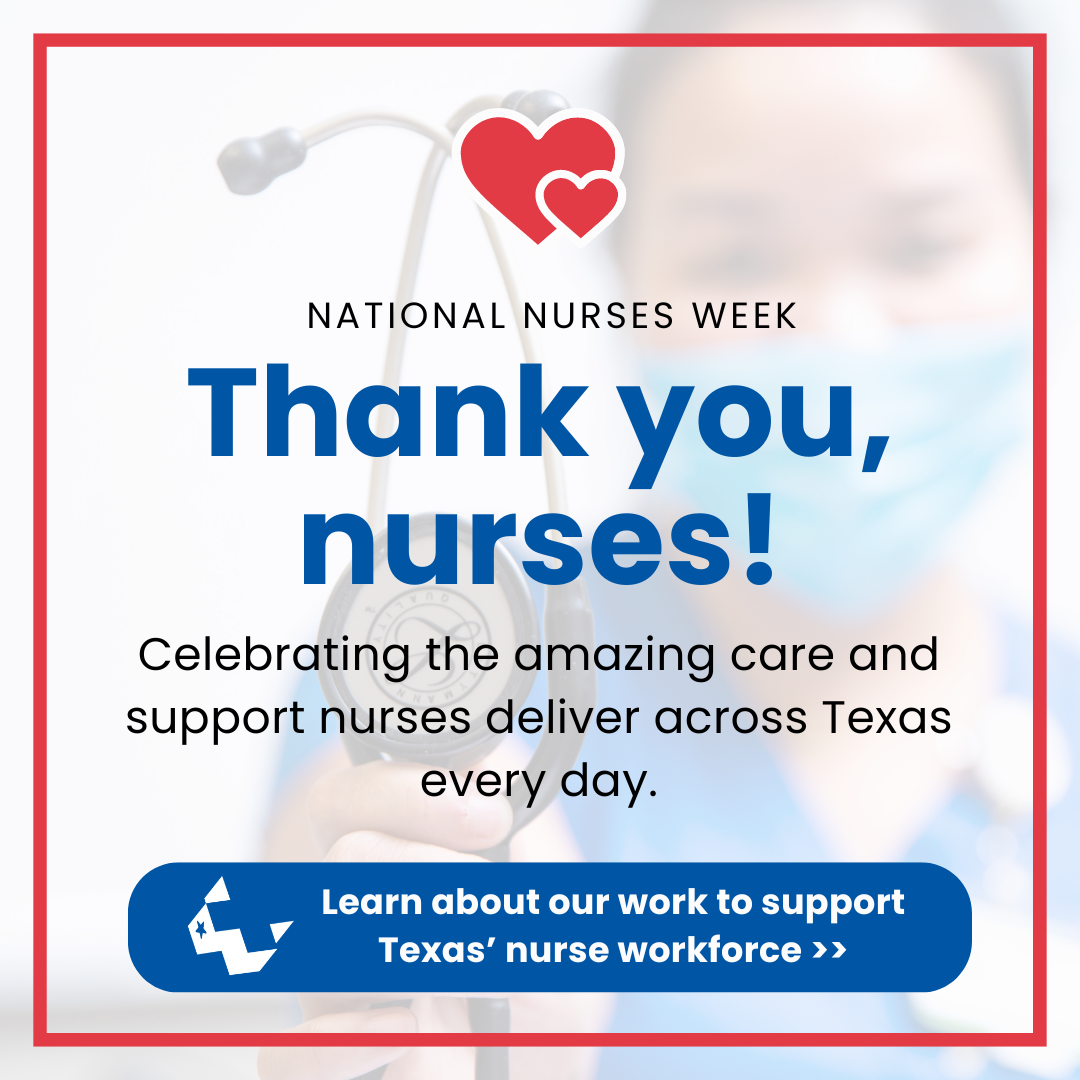A recent national survey of nurses identified three key opportunities for hospitals to support their nurse workforce amid national shortages and increased burnout, and Parkland Health was pleased to see the research validating its years-long approach and investments.
The survey, part of a research collaboration between the American Nurses Foundation and consulting firm McKinsey, highlighted enhanced scheduling flexibility, expanded mentorship opportunities, and strong teambuilding and support systems as the best ways for hospitals to support and bolster their nursing teams. The survey gathered insights and feedback from early-tenured, mid-tenured, and retired or previously retired nurses, reflecting the multi-generational nature of the modern nurse workforce.
“We’ve been active and intentional about listening to our nurses to better identify what they need to feel supported, and then acting on that information to create positive change,” said Karen Wright, Parkland Health’s senior director of professional practice, nursing research, and clinical education. “This research affirms the vital work we’re advancing to strengthen our nurses and give them the resources and support they need to continue delivering excellent patient care.”
Enhancing Flexibility
The practical demands of nursing can make scheduling flexibility more challenging than for other roles, but Parkland deploys a variety of programs and solutions in a multi-pronged approach to provide flexibility where possible.
Reversing the move away from self-scheduling that pandemic care demanded, Parkland is giving its nursing team more input and control over their schedules. Scheduling control is a major factor for nurses considering retirement and those weighing whether to return to the field, with 45 percent of surveyed nurses citing the ability to make their own schedule as the top reason they would consider returning to the bedside. Parkland also offers a wider range of schedules and shifts for nurses to choose from than is typically seen and brings on more part-time nurses during peak hours — improving flexibility without sacrificing capacity.
For its nurse leaders, the hospital also creates opportunities for remote work. Nursing tasks like evaluations and payroll can be accomplished remotely, and the hospital actively works with its nurse leaders to identify additional duties suited for remote work.
The hospital’s virtual nursing program is perhaps the strongest signal that the hospital is committed to enhancing flexibility for its nurses. Experienced and tenured nurses work remotely to support bedside nurses. Virtual nurses interface with their on-site peers via video to offer guidance and support through admission, discharge, and other aspects of nursing. All the nurses in the program are employed directly by the hospital, ensuring smooth communication and coordination between team members who already work well together.
Expanding Opportunities for Mentorship and Education
Nearly one-third of nurses in the McKinsey survey who were retired or previously retired selected the ability to mentor other nurses as the top reason they would consider returning to the workforce. This was matched with strong support from early-tenured nurses in the study who expressed a desire to learn from their more experienced colleagues.
Parkland Health’s robust mentorship platform connects experienced nurses seeking mentorship roles with early-tenured nurses looking to learn from that experience. This gives early-tenured nurses more support and guidance as they advance in their careers. Likewise, the most-tenured nurses gain the mentorship opportunities they are seeking, and the hospital benefits from the compounding effect of nurses passing down the knowledge and skills they have learned while caring for patients.
As a teaching hospital, Parkland also operates a one-year residency program for new nurses. Through monthly education sessions, covering clinical and other professional topics focused on experiences first-year nurses are likely to have, new nurses have support and connectivity to senior nurses. Topics covered include professionalism, Texas Board of Nursing rules, and ways to emotionally and mentally cope with the death of a patient.
Multi-Generational Teambuilding and Support
Intentional teambuilding is crucial for bringing together nurses from different generation, and Parkland continually finds ways to make this a strength for the hospital, going beyond mentorship programs and training programs to harness the advantages of a multi-generational team of caregivers.
“We see our more experienced nurses helping the younger nurses improve their relationship building and people skills, and it helps our nurses interact with patients and provide that personal level of care many patients expect from their nurses,” said Wright. “In the same vein our early-tenured nurses have a strong sense of work-life balance, helping our most-tenured nurses better understand the value of self-care and making sure they are mentally and emotionally supported.”
Self-care and emotional support are points of emphasis for Parkland. The hospital’s workplace violence program has yielded significant improvements in nurse satisfaction and organizational engagement scores. The program aims to prevent workplace violence through education and training while supporting the mental and emotional wellbeing of nurses in the aftermath of an incident. Through the program, Parkland provides access to wellness resources, facilitates peer-to-peer support, and provides time off following an incident.
“We strongly support the fantastic work Parkland does to support, engage, and retain its nurses,” said Maureen Milligan, PhD, Teaching Hospitals of Texas president/CEO. “Strong support for nurses translates to better patient care, and THOT looks forward to sharing Parkland’s and our other members’ investments in nursing education and training with policymakers in the coming months.”
Learn more about the vital and innovative work members like Parkland Health are doing to support their nurses in service of excellent patient care.




